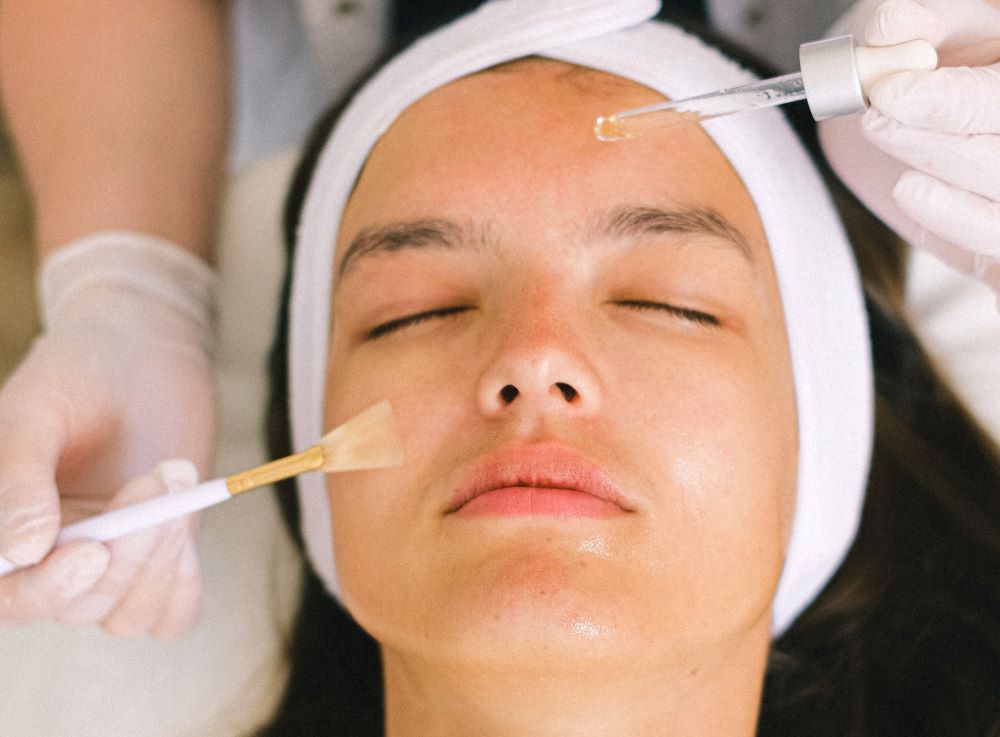Preparing for a Facelift: What to Do 24 Hours Before the Procedure
A facelift, also known as rhytidectomy, is a surgical procedure designed to rejuvenate the appearance of the face by addressing sagging skin, wrinkles, and other signs of aging. While the surgeon’s skill and the post-operative care are crucial for the success of a facelift, it’s equally essential to prepare yourself in the days leading up to the procedure. Let’s explore the key steps you should take 24 hours before having a facelift to ensure a smooth and successful experience.
Consultation and Planning
Your facelift journey starts long before the 24-hour mark. It begins with an initial consultation with a board-certified plastic surgeon who will assess your goals, medical history, and overall health. During this consultation, you should discuss any concerns, ask questions, and receive detailed instructions for the days leading up to your facelift. These pre-operative consultations are an opportunity to build trust with your surgeon and ensure you are well-prepared for the procedure.
Medications and Supplements
In the days leading up to your facelift, it’s essential to follow your surgeon’s instructions regarding medications and supplements. You may be asked to discontinue certain drugs, especially those that can increase the risk of bleeding. Non-steroidal anti-inflammatory drugs (NSAIDs), blood thinners, and herbal supplements like ginseng or ginkgo biloba may need to be stopped for a specified period. Follow your surgeon’s recommendations to minimize the risk of complications during and after the procedure.
Read Our Article Do I Look Like I Have Botox?
Alcohol and Smoking
Alcohol and smoking can have adverse effects on your facelift surgery. Both substances can affect your circulation and the body’s ability to heal. It’s typically advised to avoid alcohol for at least a week before your facelift. Smoking, on the other hand, should be stopped as early as possible, ideally several weeks before the procedure. Smoking can significantly impair the body’s ability to heal, and it’s one of the most important factors to address during your pre-operative preparations.
Read Our Article Top 5 Simple Ways to Improve Low Mood
Fasting and Hydration
On the day before your facelift, you’ll likely receive specific instructions regarding fasting. Typically, patients are asked not to consume any food or drink after midnight the night before the surgery. This is done to reduce the risk of complications during anesthesia. However, you should still maintain hydration until the instructed time. Dehydration can make recovery more challenging, so drinking enough water is important.
Preparing Your Home
In the 24 hours before your facelift, it’s essential to get your home ready for your recovery. Create a comfortable and supportive environment that will make your post-operative period as stress-free as possible. Some of the preparations to consider include:
- Clean and tidy home: Ensure your living space is clean and clutter-free to minimize the risk of tripping or falling during recovery.
- Bed setup: Arrange your bed with clean, soft bedding and extra pillows to elevate your head and upper body. This elevation can help reduce swelling.
- Easy access to necessities: Keep essential items, such as medications, water, remote controls, and a phone, within easy reach.
- Recovery garments: If prescribed by your surgeon, have any necessary compression garments or bandages ready for use.
- Help at hand: Arrange for a friend or family member to stay with you for the first day or two after your facelift. They can provide assistance and support as needed.
Diet
Maintain a light and healthy diet in the 24 hours leading up to your facelift. Avoid heavy or fatty foods that could lead to discomfort or nausea during surgery. A balanced diet rich in fruits, vegetables, and lean protein can help support your body’s healing processes.
Pre-operative Skin Care
Your surgeon will provide specific guidelines for pre-operative skin care. This typically involves gentle cleansing and avoiding moisturizers, makeup, and skincare products on the day of your facelift. Clean, makeup-free skin is essential for a safe and successful procedure.
Clothing
Choose comfortable clothing to wear on the day of your facelift. Loose-fitting, front-buttoning tops or shirts are ideal, as they are easy to put on and take off without disturbing your head and neck. Avoid clothing that needs to be pulled over your head.
Communication and Relaxation
In the 24 hours before your facelift, it’s important to focus on relaxation and communication. If you have any last-minute questions or concerns, don’t hesitate to reach out to your surgeon’s office. Furthermore, find ways to relax and reduce stress. Meditation, deep breathing exercises, and a good night’s sleep can all help you feel more comfortable and prepared for your procedure.

Travel Arrangements
Arrange for transportation to and from the surgical center or hospital. It’s not safe to drive yourself after a facelift, as the effects of anesthesia can impair your abilities. Ensure you have a reliable and supportive individual who can accompany you and provide the necessary transportation.
Last 24 Hours
The 24 hours leading up to your facelift are crucial for ensuring the procedure goes smoothly and your recovery is as comfortable as possible. By following your surgeon’s instructions regarding medications, alcohol, smoking, and fasting, you can minimize the risk of complications. Preparing your home, diet, and clothing in advance can help you focus on healing and relaxation during your recovery. Remember, communication with your surgeon and taking steps to reduce stress are equally important aspects of your pre-operative preparations. With careful planning and adherence to your surgeon’s guidance, you can look forward to a successful facelift and a rejuvenated appearance.
Read Our Article Is Botox Safe?
